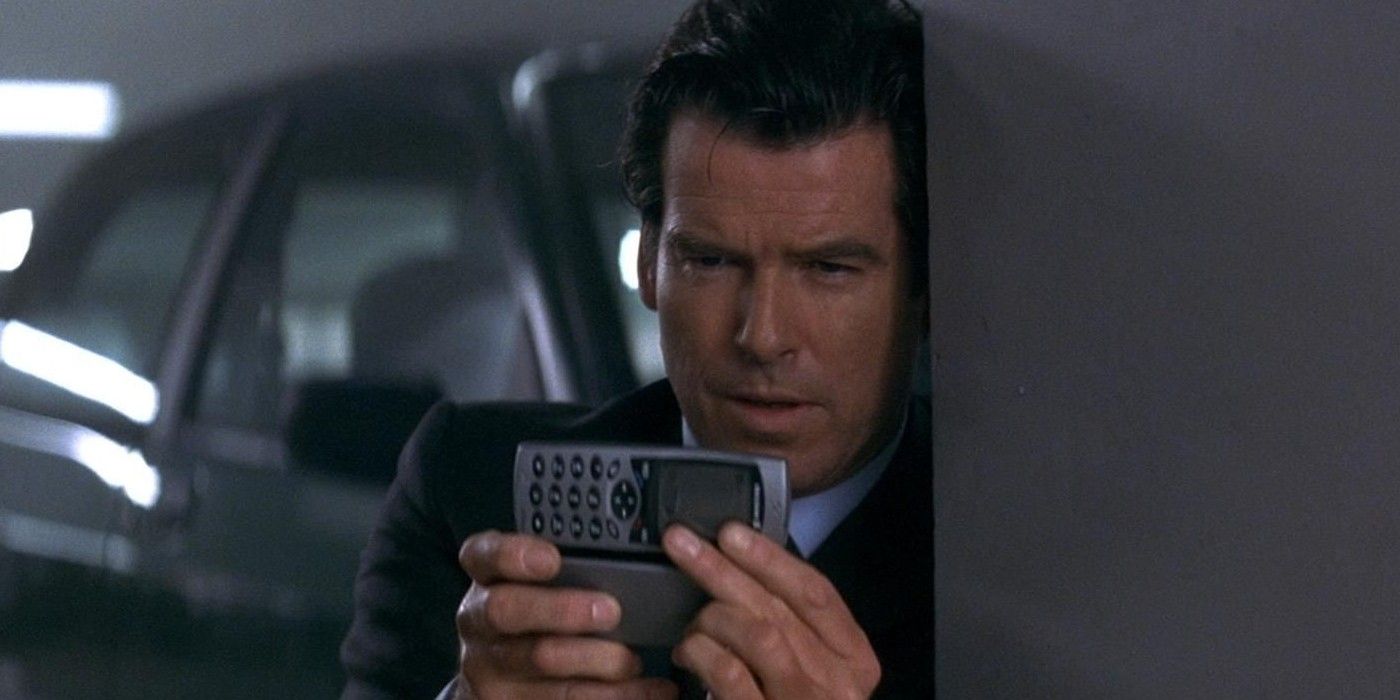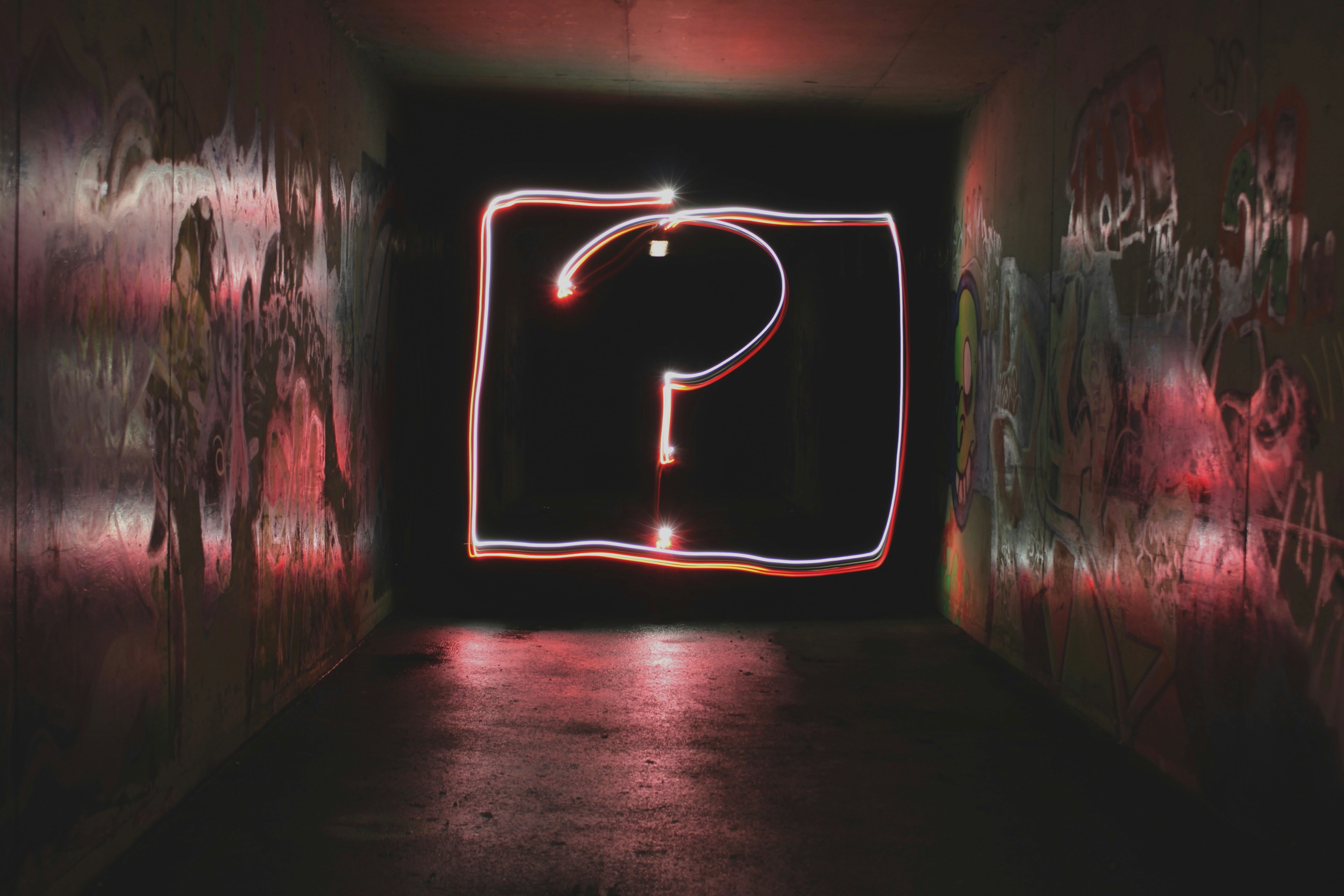
Tomorrow Never Dies Deserves 1 James Bond First GoldenEye Wrongly Claimed
1995’s GoldenEye claims many firsts in the 007 franchise, but 1997’s Tomorrow Never Dies actually had one James Bond first that often incorrectly gets attributed to GoldenEye. Pierce Brosnan’s first Bond film broke a number of records, and he as a whole is still the most deadly James Bond actor, Brosnan having killed more enemies in his films than any other 007 actors in their respective runs. But Tomorrow Never Dies stands out as a significant entry in the series and deserves credit for one particular element.
Following the more than six-year hiatus after Timothy Dalton’s final Bond film, License to Kill, Pierce Brosnan exploded onto the screen in GoldenEye. It acted as a reboot for the series and sought to bring the franchise to a modern audience that had departed the ’80s and saw the end of the Cold War. After the long break and disheartening legal issues that troubled the 007 producers during the early ’90s, longtime audiences yearned for a reawakening of James Bond.
With its tech focus and heavily gadget-orientated feel, while centered on the theme of media manipulation, Tomorrow Never Dies is the first truly modern James Bond film. Although GoldenEye featured plenty of explosive action, it wasn’t until Pierce Brosnan’s most underrated Bond movie, his second, that audiences finally got a strictly contemporary entry in the series. For the first time, a James Bond film showed how information is now the new threat in the world, and that the media, and the manipulation of its information, is potentially a powerful and dangerous global force. In the case of Elliot Carver, the main villain in Tomorrow Never Dies, it is even “able to topple governments with a single broadcast,” as Bond explains to M during a briefing scene.

1995, the year of GoldenEye‘s release, was also the year when the World Wide Web really began to establish itself culturally as it became a worldwide phenomenon. Brosnan’s debut film, however, was still busy dealing with the Cold War as a primary theme, as GoldenEye’s perfect opening sequence demonstrates with 007 and 006 infiltrating the Soviet Arkhangelsk weapons facility. The producers realized they had to somehow address the collapse of the Cold War that had occurred over five years prior in Berlin. As a result, GoldenEye doesn’t feel much like a film of the ’90s, instead more befitting of decades past, since, like its villain, Alec Trevelyan, it is stuck reminiscing over past political events.
What was also booming in the mid-90s was the video game industry, particularly with highly successful and industry-defining games such as Super Mario Kart (1992), Super Mario 64 (1997), and the timeless GoldenEye 007 game, which was released in 1997, just three and a half months prior to Tomorrow Never Dies. The film producers and writers no doubt knew of its upcoming release while in pre-production for the movie, and one sequence, in particular, stands out in Tomorrow Never Dies as a deliberate association with video gaming. The car chase in the multi-story car park where James Bond is sitting in the back seat and driving the car with his phone, which had been repurposed as a remote control for the car, exudes a distinct video game vibe, making the film feel all that more technologically-oriented and modern.
Tomorrow Never Dies was also the first film that had a musical score composed by David Arnold, who also went on to score the following four 007 films. Eric Serra’s score for GoldenEye was dark and moody in parts and generally alienated many Bond fans, despite being Brosnan’s best Bond movie. Tomorrow Never Dies, however, introduced an upbeat, colorful, and energetic score that gave the franchise the modern and fresh zing it needed. It may not have been his darkest Bond film or the movie that had Pierce Brosnan’s darkest kill as James Bond, but it was certainly the one that brought the 007 franchise into the modern era.

































































